Sudan: Do I belong?
I left Sudan in 1998. Both my parents and I had severe times dealing with how the education system was ruined and Arabised by the self-elected government of reprobates, the Inqaz government. I was receiving British education all my life, and at age 16 after finishing school with difficulties due to a sudden language switch, I wretchedly attended Ahfad University for women for two years. My mother and father would have never sent their daughter to Europe to study alone, at such a young age.
We left Sudan to daily and hourly electricity and water cuts, policemen roaming the streets to terrorise women by forcing them to cover their hair, to Ahfad girls getting whipped for wearing trousers, and to army officers entering our home without permission to claim that satellite dishes were forbidden and blasphemous to the name of Islam. I was happy to leave the country, but distraught to leave our home, our garden, and the cage of 100 non-flying, and over-fed pigeons that my father was extremely fond of.
In 2008, I was in love with a man I was set to marry and live with in Sudan, where I belong. I visited Khartoum to attend a friend’s wedding, and to plan my own. I had to go to a beauty salon to have my hair done, and once I did, there was neither electricity nor water in the place, and the hair dresser used a bucket and jug to wash our hair. Sudanese women are not known to have soft hair; Vaseline was used to straighten and soften their logs. I was flabbergasted at the scene, knowing that my hair had to be blow-dried, and not knowing other salons to go to.
Misery was my first thought after looking in the mirror. My hair was blow-dried with a brush beset with tons of petroleum jelly and eventually looked like someone had poured a bucket of goo on it.
Consequently, after being disappointed with the whole experience, but inspired to enlighten some Sudanese women on how to treat their crowns, I compiled a plan to establish a professional local chain of Elisabeth Arden Spas. I was so excited.
I took my plan to some family members, some of which mocked the idea, and to the man I loved. Others grimaced on just the thought, and to my dismay, the idea was mocked by my husband-to-be. They had all mocked how I, a descendant of such a renowned Sudanese family, would consider becoming a hair dresser. ‘Nada, you will be a Couifera?’ they said.
Is that where I belonged and belong? A place where people refuse the mere thought of advancement?
I have concluded that it’s pointless to try to figure out where I belong, whether it’s in a place that is 700 years backward, or 1,000 years forward. I don’t feel I belong in Sudan and I unquestionably don’t belong to where I am currently residing. I imagine I belong with people who want to do more for their country, more for themselves, more for society, more for the ones they love, and more for the generations to come. Those people don’t come from the Sudan I have grown to love and still do – unless proven otherwise, unless I can become a Couifera.

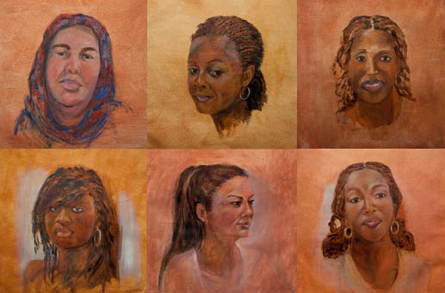
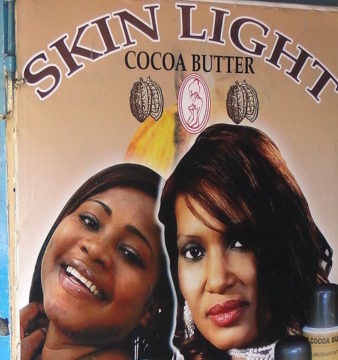
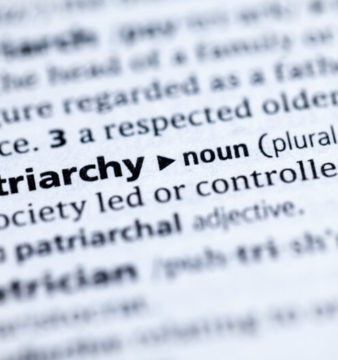
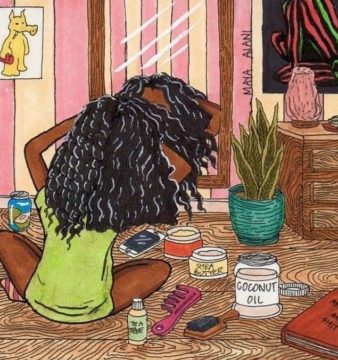
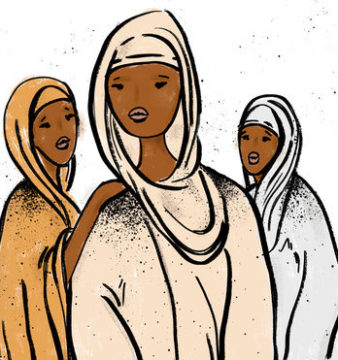
Nada, don’t despair. You’re not alone. Upon announcing my intention of setting up my own (trading) business, I was also met with similar remarks from my family; “it’s not suitable for women to take up such professions. Pick something else, like teaching or whatever”. Fortunately, I have a supportive husband who is willing to invest in a good business concept, and gender/cultural taboos aren’t (and shouldn’t be) a barrier if it’s a respectable and honest line of work. Basic rule of business: “Is it profitable?” If yes, then one should go for it. People forget that Sayeda Khadija, may peace be upon her, was an independent and a rich trader. Her marriage to the Prophet (pbuh) did not stop her from working, in fact he himself had helped her.
I wish you luck in your pursuit. Hair dressing and spas are, I imagine, very much in demand in Sudan, at least for women who have their basic necessities covered to then seek some pampering. Outside Sudan, hair salons mushroom in every block. Where I live in France, a spa can be as small as a 25m2 area and still offer excellent service and garner loyal clientèle. The latest trend now are organic spa rituals and hair products. There’s nothing wrong with putting together a chic spa and hair salon. It’s an art, and a very delicate service. If you’d want to discuss your business idea further, don’t hesitate to contact me. I’m as much of an enthusiast as well 🙂
Nada, the degree to which I was able to relate to you after reading this beautifully written piece is striking. Having lived in Sudan for the past 9 years, I can tell you that it’s been pretty much uniform throughout. Water and electricity cuts are still regular, in some areas more frequently than the rest, Sudanese hair stylist still use vaseline to tame our uncultivated hair, and family/friends still mock the idea of a young woman setting up a small business (be it a hair salon, a cupcake shop or even a book club). Non-conformity is an automatic taboo.. the general consensus is why would you want to start your own business when you can simply marry someone who can provide for you? Why become a coiffeura if you come from a reputable family; what have your parents done to deserve to be haunted by shame and the judgment of a harsh, hypocritical society? The simplest of things are to be mocked – like switching professions after 5 years of college. Arts? What is that? Pursue something that will bring honor. Show off that PhD and hold it up high. Do something useful with life.
It’s disgusting. Inqaz has been here for 23 years and nothing has changed. Just yesterday some random guy on the street asked me to cover my hair. When I replied back saying it was none of his business, he said to me that he has daughters but “none of them are like me”. Like me, in his head I am a prostitute.
We live in a delusional community. Everyone is a self proclaimed advocate of self righteousness. Nothing in Sudan will change unless we change from within. It will take generations in order to reverse the damage that’s been done to our shamefully hypocritical society.
@taiseer
Actually khadeeja helped the prophet. She was bankrolling their livelihood. Gender conceptions were different in those times, a mixture of backwards and revolutionary by modern standards.
Thanks for sharing here. The humiliation endured by Sudanese women can be eliminated with the help of friendly men.
The kicdown attitude that stunned u is a symptom of a larger underlying cause, a largely defeated patriarchy taking shelter in outmoded dignity and honor because it can’t seem to participate in public politics. It’s a deflection under the exercise of idle hands. Ppl r tired unemployed depressed and angry and they take it out on u. Everyone seems to know better than you for you.
Follow your dreams thru thick and thin. Whether it b a spa business or new ideas that come up in the future. Ur life is urs to live
Hi Nada,
I was so happy to stumble upon your post while trying to dream up some kind of business venture in Sudan. Having spent my whole life outside Sudan, I am of course clueless.. Your words echoed everything I have always felt when facing the Sudanese village.. Because there will always be a village wherever we are, full of people that judge and ostracize anyone who challenges the status quo – especially if is a girl or woman with more than a few brain cells and who refuses to conform. I really hope that there is a way forward for us, because so many Sudanese, as individuals, are kind and lovely but the barriers of our culture and its many requirements and hypocrytical rules are huge blocks in the road. I really hope that you manage to realise your dreams!